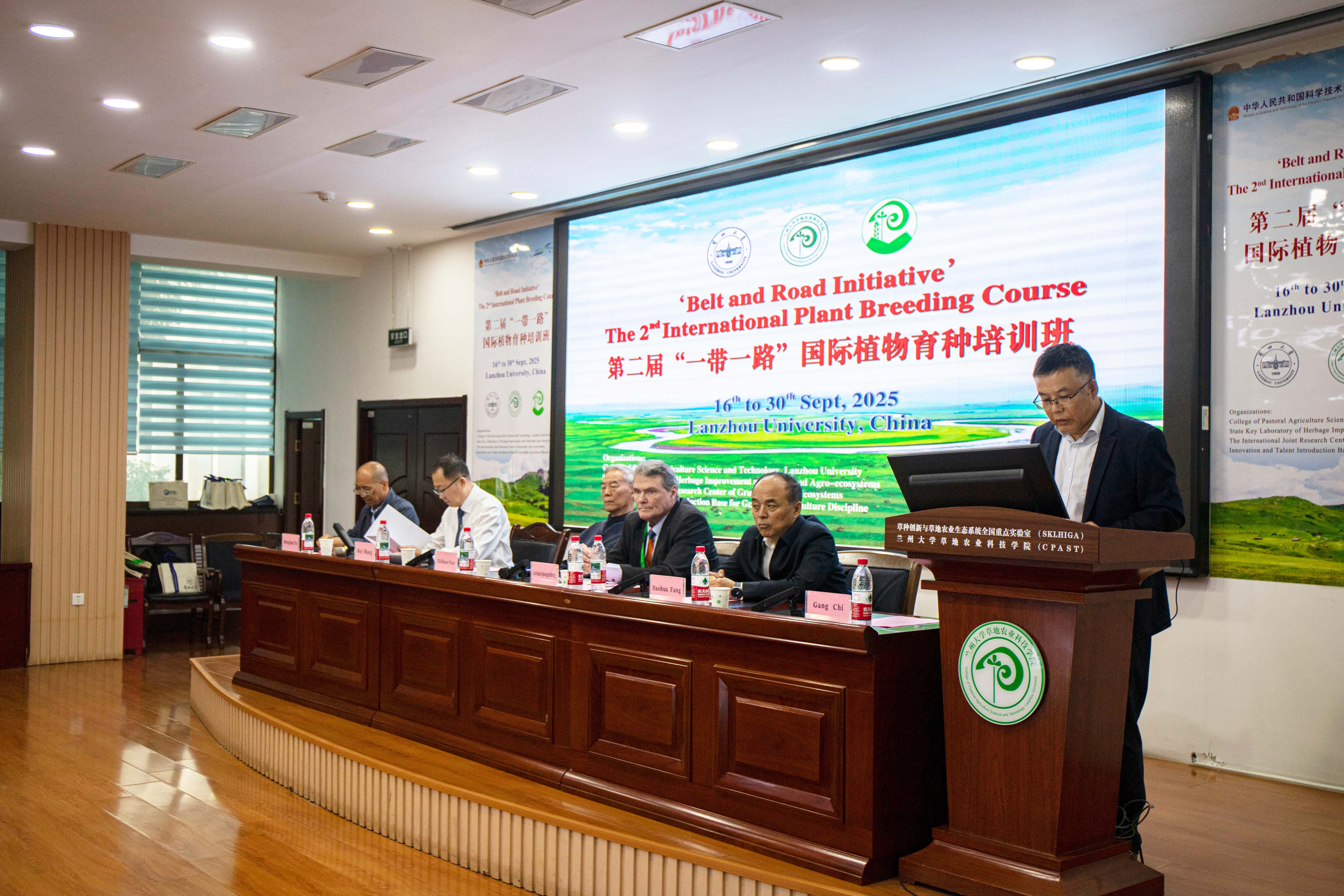Source: Xinhua| 2021-03-11 23:39:07|Editor: huaxia
LANZHOU, March 11 (Xinhua) -- A fluvial incision caused irreversible environmental degradation, such as desertification, of ancient cities in China. So says a recent study by researchers from northwest China's Lanzhou University.
After surveying over 100 Chinese ancient Chinese cities, the research team took Sanchahe, an over 800-year-old city, on a terrace beside the Wuding River in northwest China's Mu Us Desert as the object of study.
Based on field observations and relics analysis, researchers indicated that neotectonic movement could have contributed to the crustal uplift of the Wuding River. It led to the accelerated fluvial incision.
This rapid incision caused a decline in groundwater levels, which is a significant reason for the desertification in and around the Sanchahe, according to the study.
"The study provides new evidence for such environmental degradation and may contribute to a better understanding of historical desertification in the Mu Us Desert," said Wang Nai'ang, leader of the research team.
The irreversible environmental degradation led to human beings' abandonment of the city around 400 years ago, Wang added.
The study's results were published in the journal Quaternary Research recently. Enditem
http://www.xinhuanet.com/english/2021-03/11/c_139803688.htm?bsh_bid=5594583033




